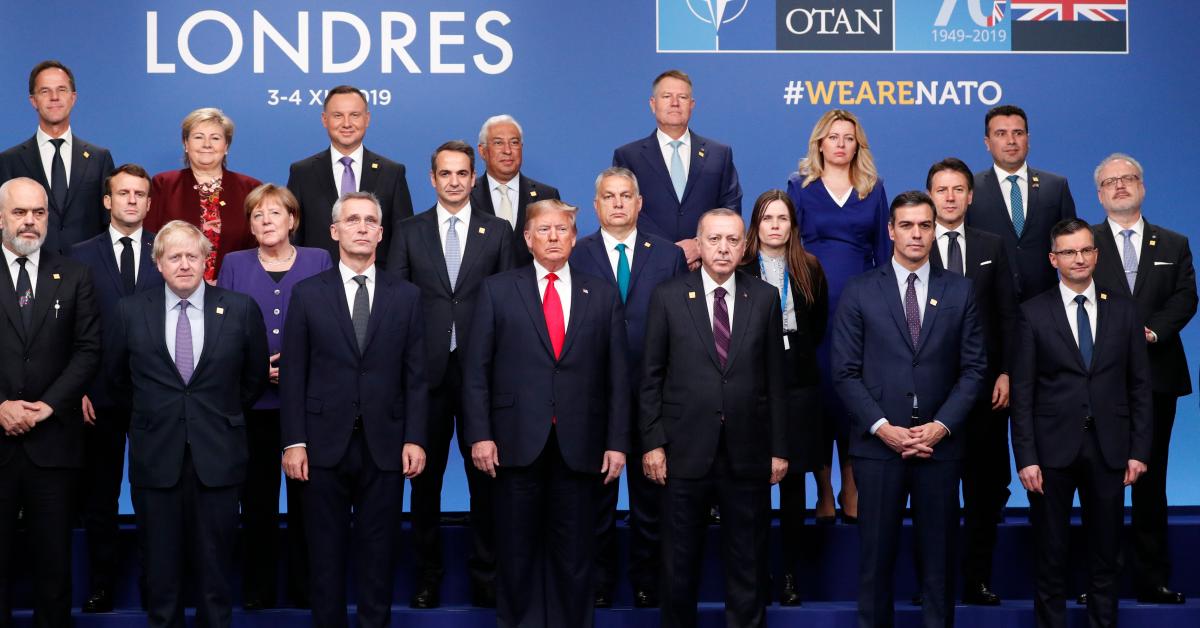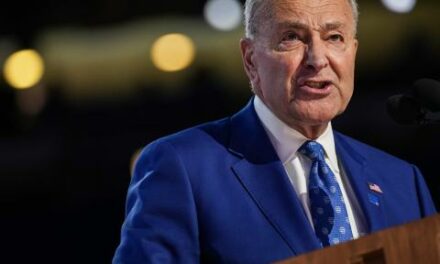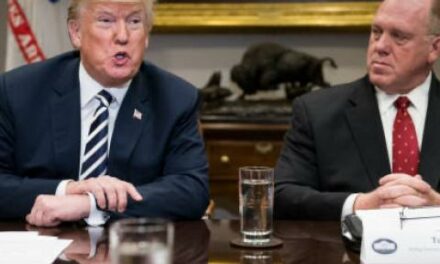We support our Publishers and Content Creators. You can view this story on their website by CLICKING HERE.

Donald Trump’s dramatic victory in Tuesday’s election sparked a mad scramble among European leaders eager to start out on the good side of the next U.S. president.
But many remained worried about what a new Trump presidency may bring.
From across the political spectrum, European leaders were quick to pat the former and future president on the back.
France’s Emmanuel Macron – who had a love-hate relationship during Trump’s previous term in the White House – was the first leader to tip his hat to Trump. He did so before the race had been officially called and even before Macron’s rival, opposition leader Marine Le Pen, whose policies and style more naturally align with Trump’s.
Italy’s Giorgia Meloni and Hungarian leader Viktor Orban – both reportedly vying to become Europe’s main “Trump Whisperer” – were also quick to reach out.
Meloni, who Macron beat to the punch by a few minutes, offered her “most sincere” congratulations, casting the relationship between the countries as one of “’sister’ nations, linked by an unshakable alliance, common values, and a historic friendship.”
Orban, meanwhile, called Trump’s triumph the “biggest comeback in U.S. political history.”
Other leaders ranging from center-left leader Keir Starmer in the U.K. to Germany’s centrist chancellor, Olaf Scholz, also congratulated Trump.
But that doesn’t mean praise for Trump was universal.
In London, The Spectator, the weekly British political and cultural news magazine. said that Trump’s victory was the “worst nightmare” for Ursula von der Leyen, the president of the European Commission.
She clashed with Trump during his first term. Von der Leyen has been an advocate of European autonomy when it comes to U.S.-financed security, but she is evidently not relishing the prospect of hurrying that process along with Trump in the White House.
Still, von der Leyen nodded to the Trump victory and called for “a strong trans-Atlantic agenda” that supports the needs from both sides of the Atlantic.
In the Vatican City, Pope Francis – a regular commentator on big geopolitical developments who in September gave Vice President Kamala Harris a lukewarm endorsement in calling her the “lesser evil” in the presidential race – was conspicuously silent on Trump’s victory as of late Wednesday.
But the biggest disappointment with the election outcome was probably from Ukraine’s Volodymyr Zelensky, whose country is nearing the three-year mark of its war against Russia.
Like most other leaders, Zelensky paid homage to the U.S. leader, saying he hoped for “strong bipartisan support for Ukraine in the United States.” But the conventional wisdom is that Trump will either cut or dramatically curtail economic and military aid for Ukraine, forcing Zelensky to the negotiating table with Russia’s Vladimir Putin with a weak hand.
On Thursday, European leaders will meet in Budapest in a summit organized by Hungary’s Orban in a suddenly-important gathering that is likely to reshape relations between the U.S. and Europe.
The fact that the summit will take place in the Hungarian capital is not insignificant: Orban is Russia’s most vocal supporter in the European Union, and, starting Thursday, he will probably look to shift Europe’s foreign policy away from Ukraine.
For its part, Russia issued measured support for the new Trump administration, with the Kremlin noting that while U.S.-Russia ties were at a low point, Russian officials were “open to dialogue” with the Trump White House.

 Conservative
Conservative  Search
Search Trending
Trending Current News
Current News 





